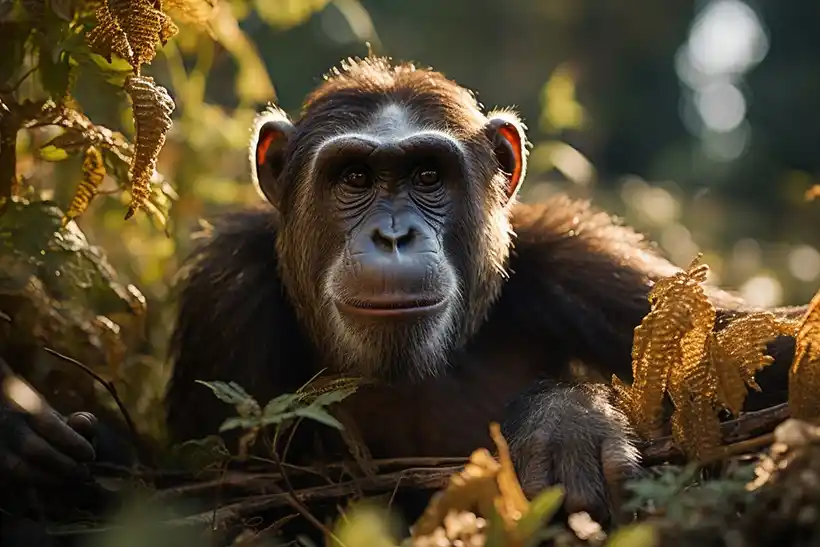
In a daring medical first, a teacher in the 1960s defied the odds by living for 9 months with a chimpanzee kidney transplant. This pioneering, yet ethically complex, procedure emerged from the quest to overcome organ shortages. While this case raised hopes for extended survival, it also highlighted the ongoing scientific and ethical challenges associated with chimpanzee kidney transplants.
In the 1960s, a school teacher received a kidney transplant from a chimpanzee. Dr. Keith Reemtsma performed this transplant. It was one of several xenotransplantation attempts. This came during a period when few human organs were available and dialysis wasn’t yet common. Notably, this particular patient defied the odds by surviving for an unprecedented nine months after the surgery.
Unanswered Questions and Potential Complications Following the Chimpanzee Kidney Transplant
The postmortem examination reportedly showed no visible damage or rejection of the chimpanzee kidney itself. However, the cause of the teacher’s death remains unclear without access to detailed medical records. It’s important to remember that the lack of visible damage doesn’t necessarily negate the possibility of complications. These complications could be linked to:
- The surgery itself: The process of transplantation can introduce risks of infection or other complications.
- Immunosuppressive medications: These are necessary to prevent rejection but can have side effects and weaken the immune system.
- The underlying condition: The pre-existing health issue that necessitated the transplant can itself contribute to further complications.

Ethical and Scientific Challenges Remain for Chimpanzee Kidney Transplants and Beyond
While this case offered hope for extended survival compared to other chimpanzee kidney transplant attempts, it also serves as a reminder of the immense challenges associated with this practice. Ethical concerns surrounding animal welfare and the potential for disease transmission remain significant hurdles. Moreover, the intricate biological differences between species present formidable barriers to successful transplantation, including the human body’s powerful immune response that vigorously rejects foreign tissues.
Although researchers no longer practice xenotransplantation using chimpanzees or other primates, they continue to conduct research in this field. Scientists are exploring various methods, including genetic modification of animal organs, to potentially reduce rejection and improve the long-term success of such transplants. However, the ethical issues and scientific complexities associated with xenotransplantation necessitate a careful and balanced approach as this area of research continues to evolve.



